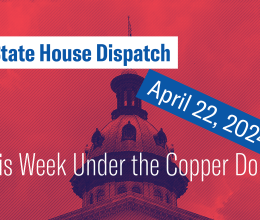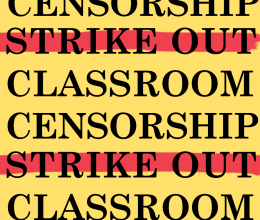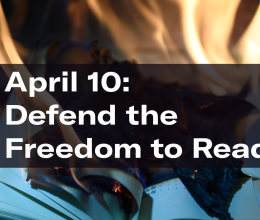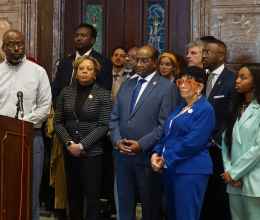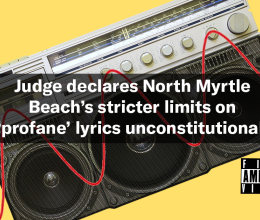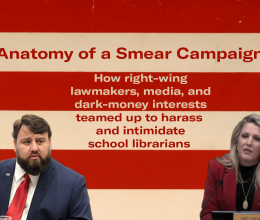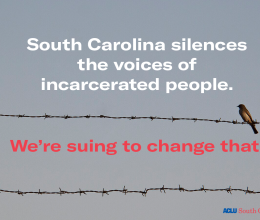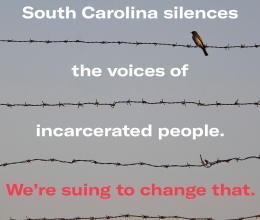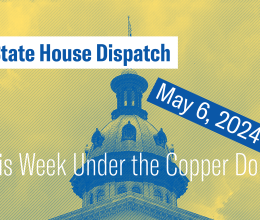
The ACLU of South Carolina urges the state’s institutions of higher education to uphold the free speech rights of students, faculty, and staff members during protest actions.
Campuses across the country have seen mass protests in recent weeks. Government and school officials in many states have responded with crackdowns and arrests, infringing on the free speech rights of their constituents while also fanning the flames of volatile confrontations.
As administrators of institutions of higher education, you find yourselves in an unenviable position. You are being asked to maintain order on campus while responding to pressure on all sides: from your students and faculty, from government officials, and from stakeholders in your alumni networks. Schools must not single out particular viewpoints for censorship, and at the same time they must protect students from discriminatory harassment and violence.
Today we want to share an open letter from ACLU Executive Director Anthony D. Romero and National Legal Director David Cole, offering guidance on the First Amendment principles you are tasked with protecting. The ACLU helped establish the right to protest via key First Amendment cases throughout the 20th and 21st centuries, and we continue to work for free speech protections through our work in the courthouse, the State House, and the community.
Lest we forget, South Carolina has its own tradition of protests on campus. Students protested the Vietnam War at the University of South Carolina. Students spoke up for racial justice at Clemson. Students at South Carolina State University marched for civil rights and desegregation. Students have raised their voices throughout our shared history, and administrators, government officials, and law enforcement have not always responded in ways that protected their safety and their constitutionally guaranteed rights.
We write to especially urge restraint regarding the use of law enforcement. Armed police forces are far more likely to result in escalation and increased physical danger than they are to “keep the peace.” South Carolina should know this well. From historic events like the Orangeburg Massacre to more recent police violence against peaceful George Floyd protesters in Charleston and peaceful Dobbs protesters in Greenville, experience shows that law enforcement actions can exacerbate already tense environments and do little to ensure the safety of protesters or of the public.
There will always be factions in our society pushing to restrict speech on campus in the name of comfort, conformity, or security, but the Constitution still applies. In Healy v. James (1972), the U.S. Supreme Court forcefully rejected the premise that, “because of the acknowledged need for order, First Amendment protections should apply with less force on college campuses than in the community at large.”
“Quite to the contrary,” the court stated, “the vigilant protection of constitutional freedoms is nowhere more vital than in the community of American schools.”
We ask you to stay vigilant against attacks on your students and their First Amendment rights. College students learn about the world in the classroom, but they also learn in the laboratory of public debate and dissent.
Sincerely,
The ACLU of South Carolina

